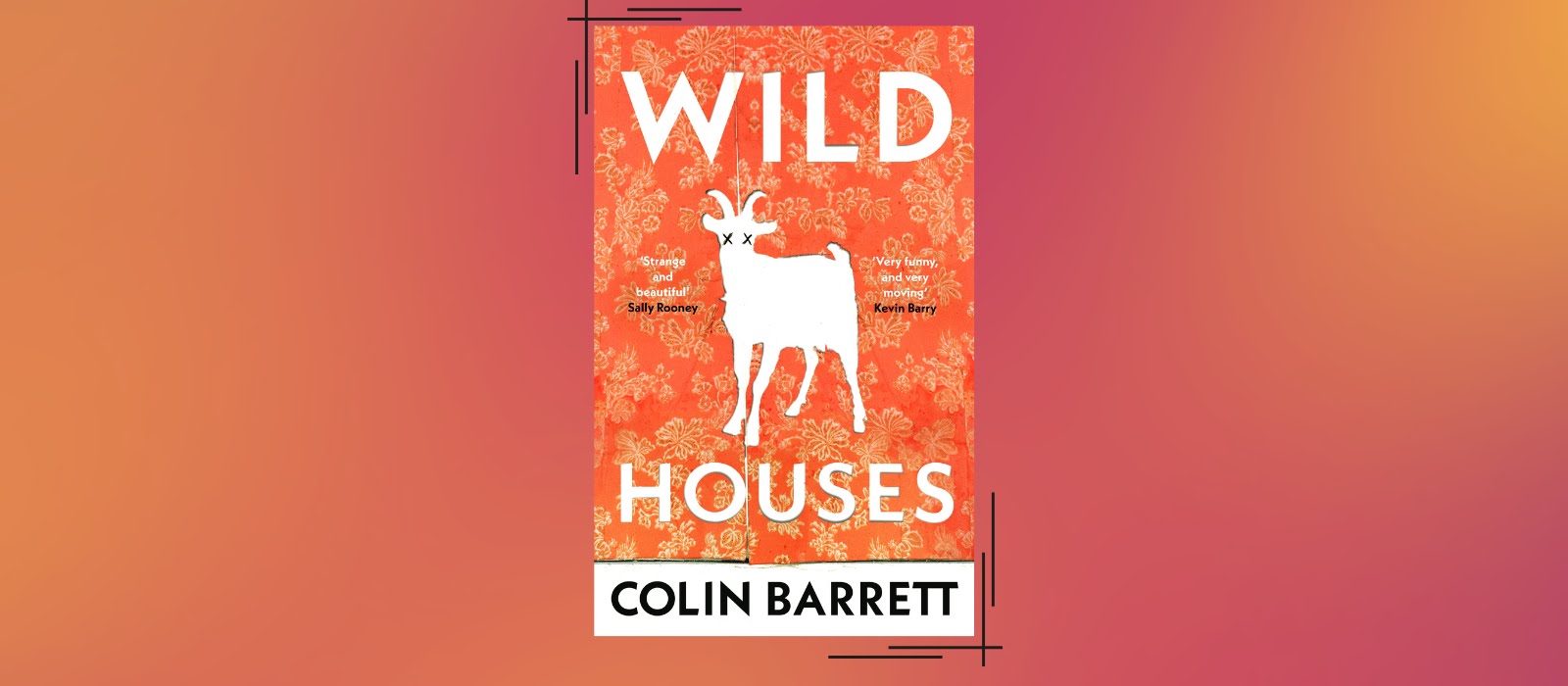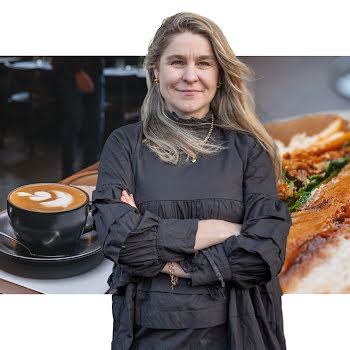Read an extract from Colin Barett’s Booker Prize-nominated debut novel, Wild Houses
Earlier this week, it was announced that Irish author Colin Barett has been longlisted for the 2024 Booker Prize. Here, we share an extract from the debut novel that earned him this milestone accolade…
On Tuesday morning, the incredible news landed that Mayo’s very own Colin Barett was among the 13 authors longlisted for the extremely prestigious and highly coveted Booker prize, the world’s most influential prize for a single work of fiction.
Known as the ‘Booker Dozen’, the list of titles features blackly comic page-turners, multigenerational epics, meditations on the pain of exile – plus a crime caper, a spy thriller, an unflinching account of girls’ boxing and a reimagining of a 19th-century classic.
The shortlist of six books will be announced on Monday 16 September during an evening celebration in the Portico Rooms at Somerset House in London, with the overall winner’s ceremony taking place in November. The winning author will receive £50,000, and will receive international recognition and a significant uplift in global sales.
Though Barett has been a full-time writer since 2014, following the release of his first short story collection Young Skins. He followed this up with a second collection entitled Homesickness in 2022, and then came Wild Houses, his first novel, which has been met with instant acclaim.
In posting their announcement on Instagram, the official Booker Prize account wrote: “Wild Houses tells the story of two outsiders striving to find themselves as their worlds collapse. As Ballina prepares for its biggest weekend of the year, the simmering feud between small-time dealer, Cillian English, and County Mayo’s fraternal enforcers, Gabe and Sketch Ferdia, spills over into violence and an ugly ultimatum.”
In celebration of the news, we’re sharing an extract from the book that’s in the running to receive one of the most important literary awards there are…
Read on for the extract below…

Dev Hendrick was lying in the dark on the sofa, laptop propped on his belly, asleep or almost asleep, earbuds bleeding white noise into his ears when his phone buzzed three times on the coffee table and stopped.
He felt the vibrations more than he heard them. He sat up, snapped shut his laptop and put it on the coffee table. The white noise in his earbuds died. He reached for his phone and knew the number before he even checked the screen. Three buzzes meant: we are here. He pulled the buds from his ears, cocked his head to listen into the empty night and then he heard it, the familiar noise of the car crawling up the drive, the low burr of the engine, the bubble-wrap crackle of wheels turning slow on gravel.
There was a near-empty bottle of Corona on the table. He drank off the dregs. The Corona was flat and citrus- sour, a wilted wedge of lime curled like a drowned bug in the bottom of the bottle.
The dog, Georgie, snoozing away on the battered red wingback chair, stirred and came awake with a startled yelp.
‘Shush now,’ Dev said.
Georgie was a tiny, highly strung dog with a candyfloss coat covering a ribcage as fragilely fine-boned as a chicken’s. He had demonic yellow teeth, a wizened, rat-like face and a moist, bloodshot, perpetually beseeching stare that half the time made Dev want to punt the thing over the garden wall. Not that Georgie ventured outdoors much any more; ageing, ill-tempered and increasingly unintrepid, the dog preferred the cosily cluttered terrain of the sitting room, where he spent his days mooching from cushioned niche to niche and staring at the TV like an old woman.
Georgie yelped again.
‘Stop now, will you?’ Dev said, raising his voice enough to draw a chastened gurgle from Georgie.
Dev and Georgie had never much got on, but ever since the mother died and the dog had come to the realisation that Dev was now the sole source of sustenance and what would thereafter pass for companionship available in the house, Georgie had developed, if not an affection, at least a grudging receptivity to Dev’s commands, so long as those commands were delivered with sufficient emphasis and contempt. Georgie respected only emphasis and contempt, at least from Dev.
Dev slipped on his Crocs and lumbered into the hallway. An icy diagonal of light had pierced the front door’s glass panel, illuminating the hall’s green-and-gold wall- paper and the musty foliage of the mother’s old overcoats piled up on the coat rack.
Dev drew back the latch and opened the door. The sensor light had come on, flooding the drive with brightness. Rain flurried like sparks in the light. Drops touched Dev’s face and stuck. The car’s engine cut off and the headlights went dark. Dev watched his cousin Gabe Ferdia step out of the driver door and a moment later Gabe’s younger brother Sketch stepped out of the back and helped, or rather dragged, a third person out onto the drive. The third person was a kid, a pale-faced young fella.



















